
The choice of a suitable web server holds the key to enhancing the performance, security, and overall success of your PHP projects. The web server you opt for serves as the backbone of your online presence, facilitating seamless communication between your PHP scripts and users’ browsers. Thus, it is imperative to meticulously consider your options before making a decision that aligns perfectly with your specific PHP development needs.
Deciphering the Right Web Server for PHP Development
The web server you choose plays a pivotal role in translating your PHP code into functional web pages. This decision significantly impacts critical elements such as loading times, user experience, and search engine rankings. Each web server offers distinctive features and capabilities, directly influencing the speed and responsiveness of your application. One widely recognized choice is Apache, which boasts versatility and a user-friendly setup, making it an ideal starting point for newcomers to PHP development. Conversely, Nginx garners acclaim for its exceptional performance under heavy workloads, making it the preferred option for high-traffic websites. For those who seek a lightweight alternative with innovative features like URL rewriting and traffic shaping, Cherokee presents an attractive solution, catering to developers who require comprehensive functionality in their applications.
Crucial Factors in Web Server Selection
Effectively navigating the extensive array of web server options entails a comprehensive evaluation of key factors. Performance, scalability, and compatibility emerge as pivotal aspects that determine the efficacy of your chosen web server. The efficiency with which the server processes PHP scripts and responds to user requests wields substantial influence over your application’s success or impediments. Security considerations must not be overlooked; safeguarding your PHP code and user data necessitates a robust server fortified with state-of-the-art security protocols. Additionally, given the ever-evolving landscape of web technology, community support and well-documented resources play a pivotal role in troubleshooting issues and optimizing performance. Thus, the degree of community engagement for each available web server option significantly shapes your development journey.
Best Web Servers for PHP Development
1) Apache
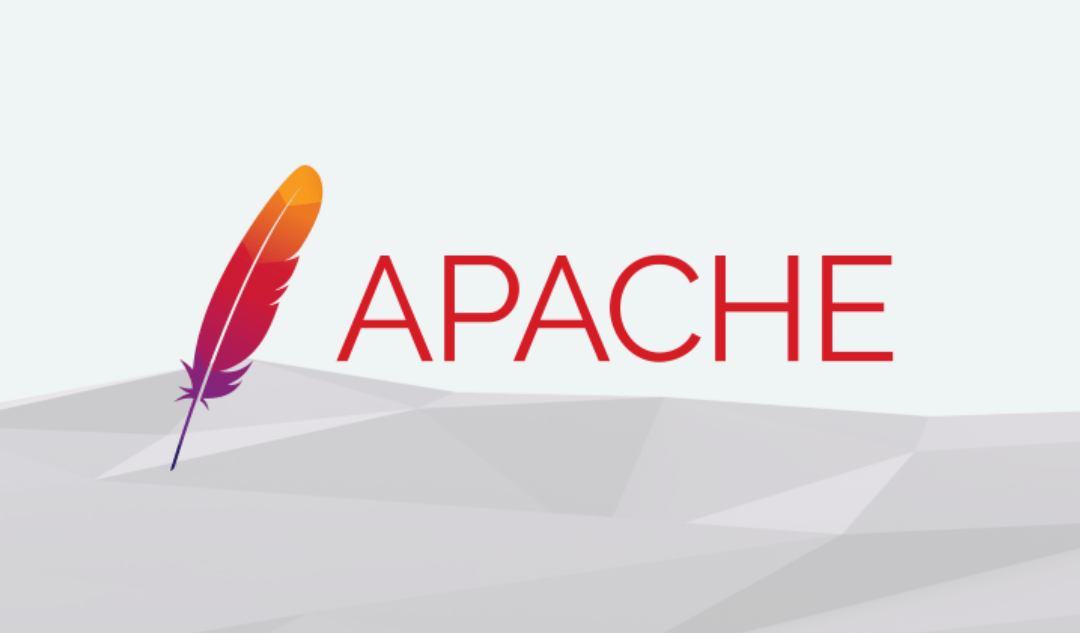
The Apache HTTP Server, commonly known as Apache, remains an enduring and dependable choice for PHP development despite its constant flux. With its extensive history spanning decades, Apache has solidified its position as a reliable option that continues to enjoy widespread usage. It serves as a robust foundation for myriad websites and applications due to its potent features and adaptable nature.
Overview of Apache as an Ideal Choice for PHP Development:
Apache’s popularity within the PHP developer community stems from its enduring reputation and extensive adoption. Its proven performance and compatibility render it an indispensable component in the technology stack of numerous web projects. The modular architecture of Apache empowers developers to integrate various extensions and modules seamlessly, enabling the effortless incorporation of PHP into projects using either the widely-adopted mod_php module or alternative options. This adaptability ensures that whether you’re crafting a basic blog or constructing a complex e-commerce platform, Apache can adeptly handle your PHP requirements with finesse.
Advantages:
- Apache boasts a thriving community, a repository of documentation, tutorials, and resources that serve as a safety net for developers, particularly those embarking on PHP development for the first time.
- The modular design of Apache enables developers to tailor server configurations to precise project specifications, proving invaluable when working with diverse PHP frameworks and application demands.
Disadvantages:
- While potent, Apache’s architecture can consume more server resources compared to lighter-weight alternatives, potentially posing challenges in managing substantial concurrent traffic and necessitating vigilant resource management.
- Apache’s traditional threading model may pose hurdles in managing a large number of concurrent PHP requests, requiring meticulous configuration for optimal performance and responsiveness.
2) Nginx

Spearheading Efficiency and Performance Nginx stand out as a popular open-source web server, reverse proxy server, and load balancer renowned for its remarkable performance, stability, and scalability. Its reputation as a preferred solution for serving web content and managing incoming network traffic is well-deserved.
Unveiling Nginx’s Performance Edge Nginx’s efficiency and lightning-fast response times have earned it a reputation as a premier choice for projects prioritizing optimal speed and scalability. Nginx’s event-driven architecture sets it apart from conventional web servers, allowing it to handle numerous concurrent connections while minimizing resource consumption. This makes it an excellent fit for high-traffic websites and applications emphasizing swift content delivery.
Nginx’s modest memory footprint and efficient resource management contribute to its ability to excel under hefty workloads. Whether you’re crafting a real-time application or an expansive e-commerce platform, Nginx’s performance prowess ensures swift and consistent delivery of PHP-powered content.
Nginx Advantages:
- Event-driven architecture enables efficient handling of concurrent connections, making it well-suited for high-traffic websites and applications.
- Optimized resource utilization ensures minimal memory footprint and efficient CPU usage, even under heavy workloads.
- Nginx’s lightweight design and non-blocking architecture make it highly scalable, allowing it to handle a large number of concurrent connections without sacrificing performance.
- Built-in capabilities for reverse proxying and load balancing enable seamless distribution of traffic and efficient resource allocation.
- Nginx supports various caching mechanisms, including static content caching, which improves content delivery speed and reduces server load.
- Nginx includes security modules, access controls, and SSL/TLS support, enhancing data protection and securing communication.
- Clear and concise configuration syntax makes it relatively easy to set up and manage, even for those new to web server administration.
- Active user community and comprehensive documentation provide extensive support and resources for troubleshooting and optimization.
- Nginx supports modern web protocols, enhancing website speed, security, and performance.
Nginx Disadvantages:
- Despite its relative simplicity, newcomers to web server administration may still encounter a learning curve when configuring more advanced features.
- Nginx’s primary strength lies in serving static content; handling complex dynamic content or certain PHP applications may require additional configuration and optimization.
- Unlike Apache, Nginx does not natively support .htaccess files, which may require adjustments when migrating from an Apache environment.
- While Nginx’s core modules cover a wide range of features, third-party module compatibility can vary, potentially requiring custom development or workarounds.
- While Nginx can run on Windows, it is typically more optimized for Unix-like systems, potentially leading to performance differences on Windows servers.
- Nginx primarily relies on command-line configuration, which may pose challenges for those who prefer a graphical user interface for server management.
- While Nginx has gained significant popularity, its ecosystem and plugin availability might still be considered less extensive compared to some other web servers.
Comparing Nginx to Conventional Apache Configurations:
In juxtaposition with traditional Apache setups for PHP development, Nginx stands out owing to its event-driven architecture, enabling efficient management of multiple connections concurrently. Apache’s process-based model may struggle with handling a considerable number of connections without overtaxing system resources. Nginx’s lightweight and resource-efficient nature further bolsters its appeal, ensuring optimal server performance during periods of high traffic. Developers often laud Nginx for its intuitive configuration syntax, which simplifies the setup process, making it an attractive option for those seeking streamlined workflows.
3) LiteSpeed
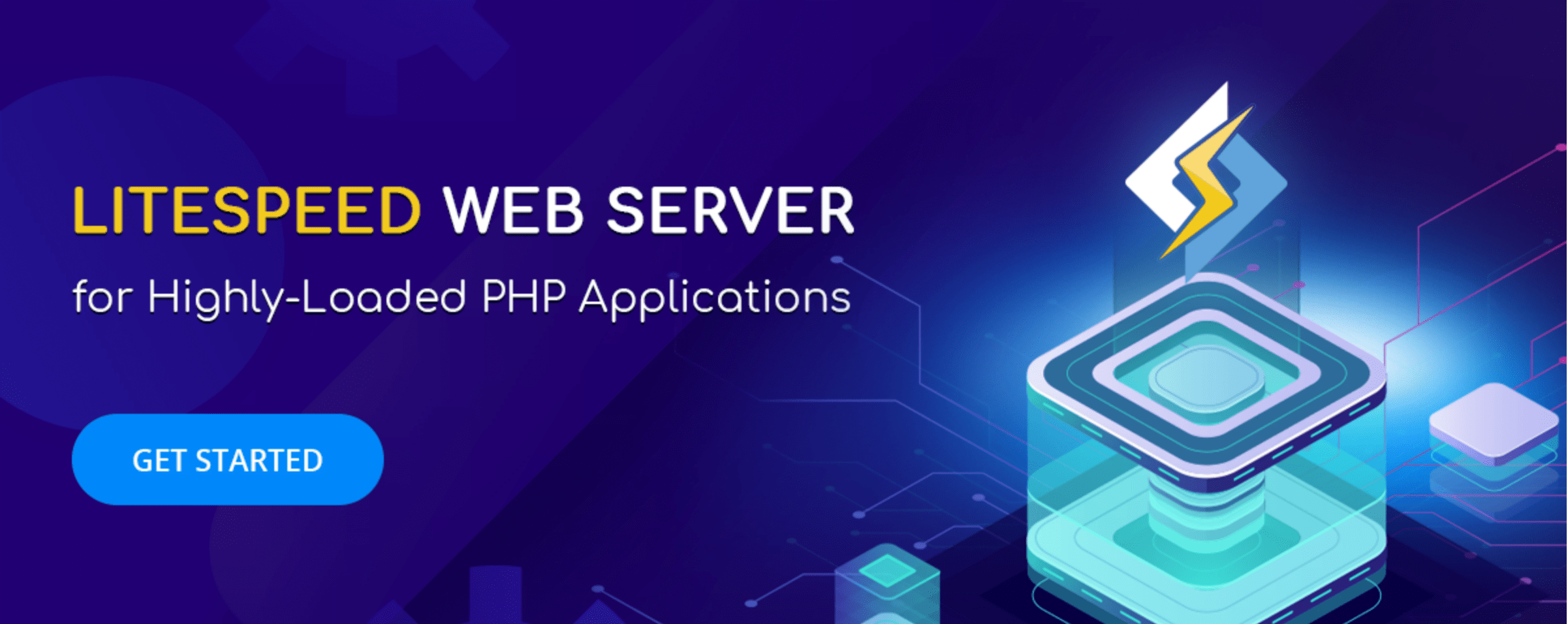
LiteSpeed emerges as a formidable contender that redefines PHP application performance. The LiteSpeed Web Server is renowned for its impressive speed and efficiency, positioning itself as an enticing choice for developers aiming to optimize their PHP projects.
Harnessing LiteSpeed’s Benefits for PHP Applications What sets LiteSpeed apart is its tailored design catering to modern web applications. Incorporating cutting-edge features like the exclusive LSAPI module, LiteSpeed effortlessly manages PHP scripts with exceptional speed and effectiveness. Emphasizing security, LiteSpeed offers real-time malware detection and prevention, safeguarding PHP code and user data.
Benefit Of Litespeed:
- LiteSpeed’s performance and speed surpass traditional web servers like Apache. It is optimized for high performance, effortlessly handling numerous concurrent connections and requests—an advantage crucial for PHP applications often involving dynamic content generation and processing.
- LiteSpeed introduces LSAPI, a Server Application Programming Interface, which improves PHP application performance by enabling direct communication between the server and PHP interpreter. This eliminates intermediaries, streamlining the communication pathway, resulting in quicker response times and enhanced throughput.
- LiteSpeed incorporates built-in opcode caching, enhancing the execution speed of PHP scripts by storing precompiled script bytecode in memory, minimizing the need for script recompilation.
- LiteSpeed’s event-driven architecture efficiently handles multiple connections with minimal resource usage, a boon for PHP applications with substantial concurrent connections.
- LiteSpeed’s robust caching system significantly boosts PHP application performance by storing static copies of dynamic content, reducing the necessity for repeated PHP processing.
- Security features such as ModSecurity integration, anti-DDoS settings, and access control rules fortify PHP application security, shielding them from common web-based threats.
- LiteSpeed optimally utilizes system resources, making it ideal for hosting PHP applications in resource-constrained environments.
- LiteSpeed’s compatibility with many Apache configurations facilitates smooth migration of existing PHP applications from Apache to LiteSpeed.
- LiteSpeed’s user-friendly web-based interface simplifies server settings management, performance monitoring, and task execution.
Leveraging LiteSpeed’s Native PHP Support for Enhanced Performance:
A hallmark of LiteSpeed’s PHP performance lies in its support for native PHP. Unlike traditional methods relying on external connectors, LiteSpeed employs LSAPI for direct communication between the server and PHP interpreter. This streamlined communication pathway reduces overhead, resulting in quicker response times and improved throughput. Websites powered by LiteSpeed showcase remarkable responsiveness, enhancing user experiences and search engine rankings. Moreover, developers using LiteSpeed can focus on creating dynamic web experiences rather than extensive optimization efforts, benefiting from enhanced features.
You can more read about Why you should choose LiteSpeed over Apache
4) Caddy
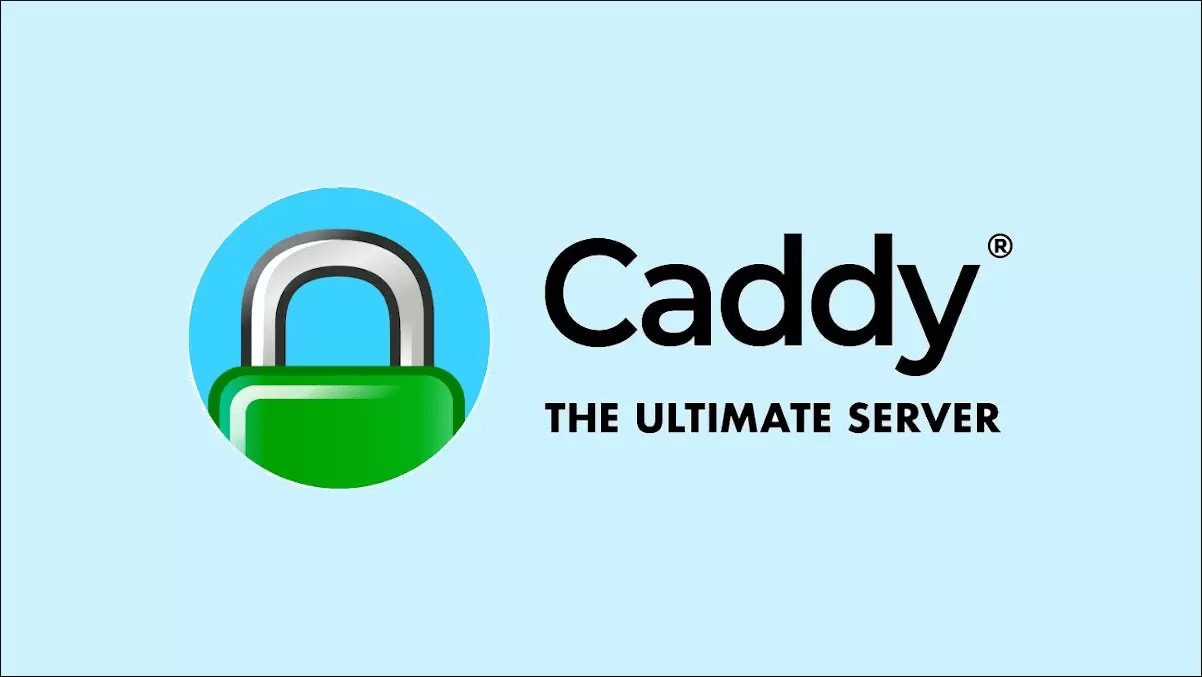
Pioneering User-Friendly Web Server Configuration In contrast to the complex setup procedures of conventional servers, Caddy stands out with its innovative approach to configuring web servers. Prioritizing simplicity and user-friendliness, Caddy offers an intuitive configuration language suitable even for those with limited PHP development or server management experience.
Caddy’s User-Centric Web Server Configuration Caddy transcends mere configuration language by providing a user-friendly interface presenting server settings visually. This empowers users to make changes without grappling with intricate text-based configuration files, boosting productivity and enabling developers to focus on PHP applications.
Caddy’s Streamlined HTTPS Setup and Security Enhancement:
Caddy’s proactive stance on security is evident in its default HTTPS setup, simplifying the often convoluted process of configuring a web server. Seamlessly integrating with Let’s Encrypt, Caddy ensures encryption for every served website from the outset. This automated setup enhances data security during transmission and bolsters search engine rankings, aligning with modern cybersecurity best practices.
Caddy Advantages:
User-Friendly Configuration: Intuitive setup and management for all skill levels.
Automatic HTTPS: Default secure connections through Let’s Encrypt integration.
Efficient Resource Usage: Lightweight design for optimized performance.
Enhanced Security: Proactive measures for data protection and encryption.
Adaptive Plugin System: Customizable features with a wide range of plugins.
Versatility: Functions as a reverse proxy, load balancer, and more.
Quick Deployment: A streamlined process for fast application launch.
Real-Time Monitoring: Built-in metrics for effective server health management.
Strong Community Support: Comprehensive documentation and active user community.
5) Cherokee

The Lightweight Powerhouse Cherokee, a lesser-known yet remarkable web server, defies the notion that good things only come in large packages. Its lightweight design optimizes system resources, ensuring smooth PHP application handling even on modest hardware configurations—a crucial advantage in today’s era of diverse browsing devices.
Cherokee’s Flexible and Efficient Configuration:
Cherokee’s exceptional flexibility and easy configuration make it a developer favorite for PHP applications. Communicating seamlessly with PHP through the FastCGI interface, Cherokee efficiently transforms PHP scripts into dynamic web content. The setup process involves configuring Cherokee to recognize PHP files and directing them to the FastCGI backend, enabling Cherokee to focus on serving static content while delegating PHP processing to FastCGI.
Advanced Cherokee Features for Optimal PHP
Cherokee, a versatile and lightweight web server, offers an array of advanced features that contribute to optimal PHP performance. These features empower developers to create dynamic and responsive web applications while ensuring efficient resource utilization and seamless content delivery.
Cherokee’s Standout Features:
URL Rewriting for Enhanced SEO and User Experience:
Cherokee’s robust URL rewriting capabilities enable developers to craft user-friendly and search-engine-optimized URLs. This feature not only improves the accessibility of your PHP-driven content but also enhances your website’s visibility in search engine results, contributing to a higher organic traffic potential.
Built-in Load Balancing and Traffic Shaping:
Cherokee’s integrated load balancing and traffic shaping mechanisms ensure the even distribution of content and requests driven by PHP applications. This results in a consistently fast and responsive user experience, particularly crucial for websites with varying traffic loads.
Direct Communication with PHP through FastCGI:
Cherokee’s seamless communication with PHP via the FastCGI interface enhances the efficiency of PHP script processing. By efficiently passing requests between the web server and PHP interpreter, Cherokee minimizes latency and overhead, leading to faster content generation and delivery.
Modular Architecture for Flexible Integration:
Cherokee’s modular architecture allows for seamless integration with various PHP interpreters and extensions. This flexibility ensures compatibility with different PHP frameworks and libraries, enabling developers to choose the most suitable components for their project’s requirements.
Resource-Efficient Event-Driven Architecture:
Cherokee’s event-driven architecture optimizes resource usage, enabling the efficient handling of multiple connections and requests. This architecture is especially beneficial for PHP applications that involve a high number of concurrent connections, ensuring smooth performance even during traffic spikes.
Comprehensive Caching Capabilities:
Cherokee’s caching system enhances PHP application performance by storing static copies of dynamic content. This reduces the need for repeated PHP processing, resulting in faster content delivery and improved overall user experience.
User-Friendly Configuration and Management:
Cherokee’s user-friendly interface simplifies server configuration and management tasks, allowing developers to focus more on PHP application development and less on intricate server settings.
Conclusion
Selecting the optimal web server for PHP development hinges on your unique requirements and priorities. Apache offers versatility, LiteSpeed excels in performance, Nginx stands out for efficiency under heavy loads, and Caddy provides a user-friendly experience. Evaluating project needs, performance considerations, and your familiarity with the web server will enable an informed decision. Experimenting with different web servers and configurations through tools like Docker can guide your final choice.

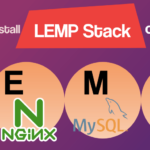
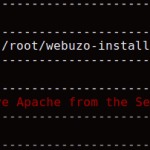
You ought to be a part of a contest for one of the most useful sites on the web. I’m going to recommend this web site!
Hello There. I found your weblog the usage of msn. That is a very well written article. I’ll be sure to bookmark it and come back to learn extra of your helpful information. Thank you for the post. I’ll definitely return.
Hey there I am so grateful I found your webpage, I really found you by accident, while I was browsing on Askjeeve for something else, Anyways I am here now and would just like to say thanks for a marvelous post and a all round entertaining blog (I also love the theme/design), I don’t have time to look over it all at the minute but I have saved it and also added in your RSS feeds, so when I have time I will be back to read a great deal more, Please do keep up the awesome work.
Hello, just wanted to say, I loved this post. It was practical. Keep on posting!
This blog post on the best web servers for PHP development is a handy resource. It would be even more valuable if it included user testing tools naturally to enhance the PHP development process.
This design is wicked! You obviously know how to keep a reader entertained.
Between your wit and your videos, I was almost moved to start my own blog (well, almost…HaHa!) Fantastic job. I really enjoyed what you had to say, and more than that, how you presented it. Too cool!
Wow! At last I got a blog from where I know how to in fact take useful information regarding my study and knowledge.
Thanks for the appreciation.